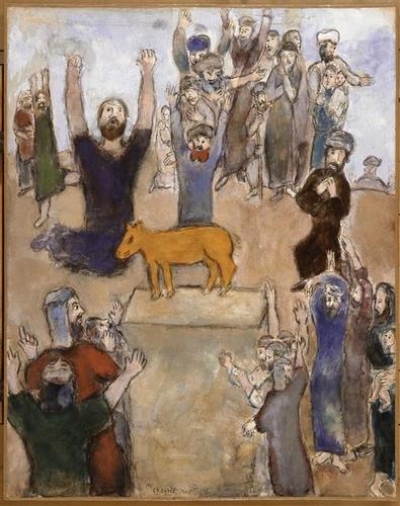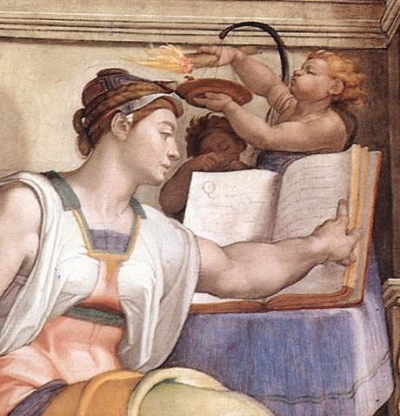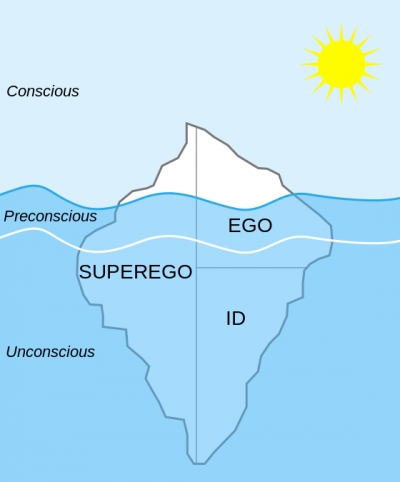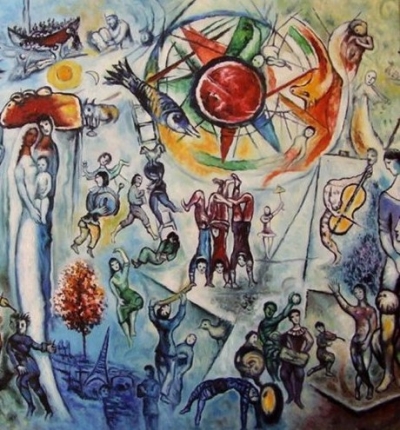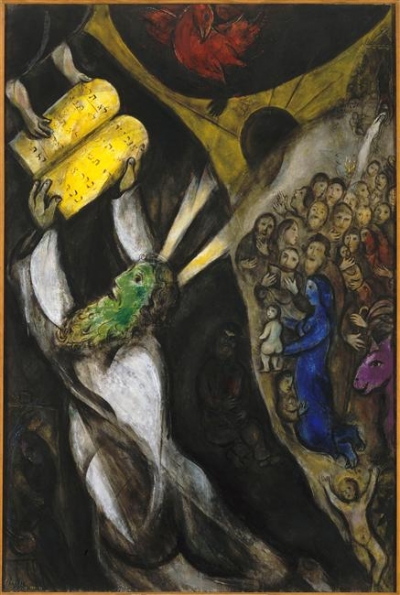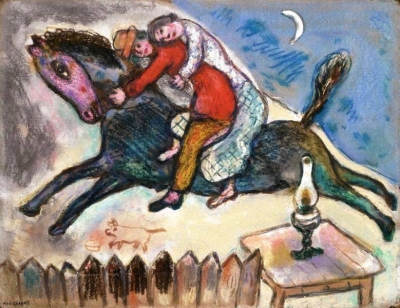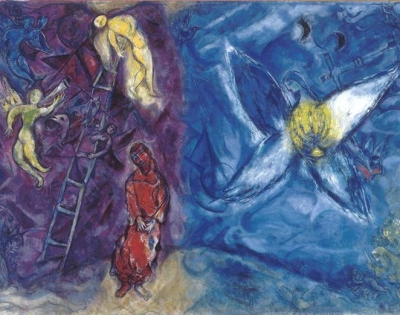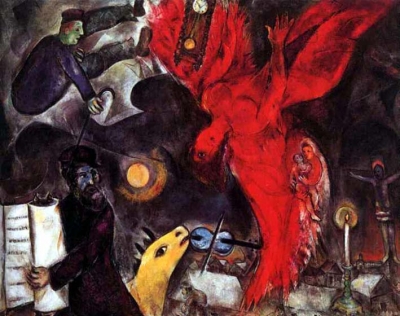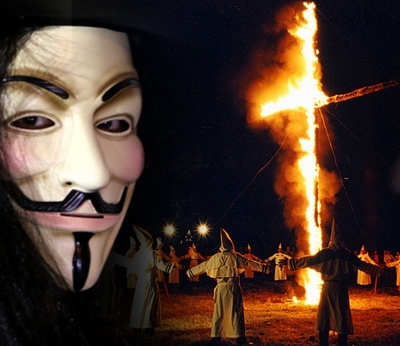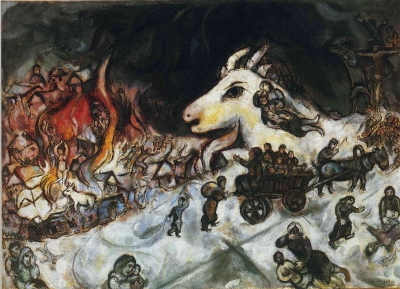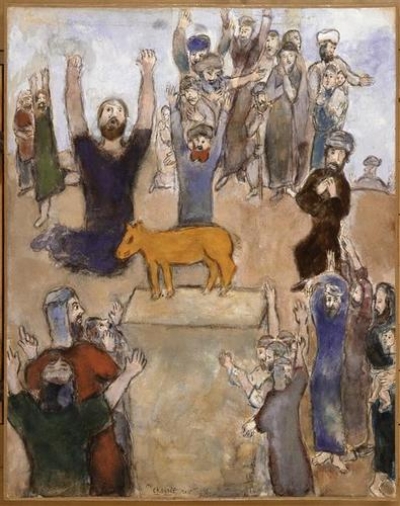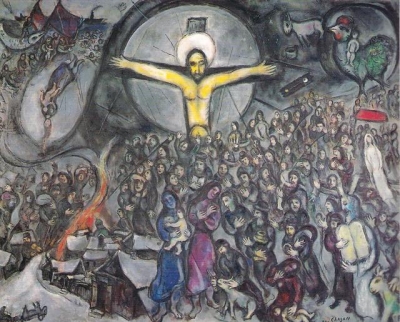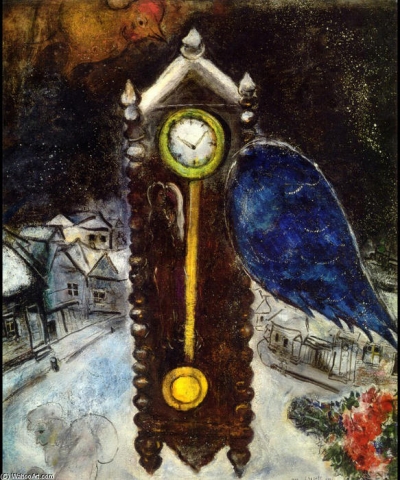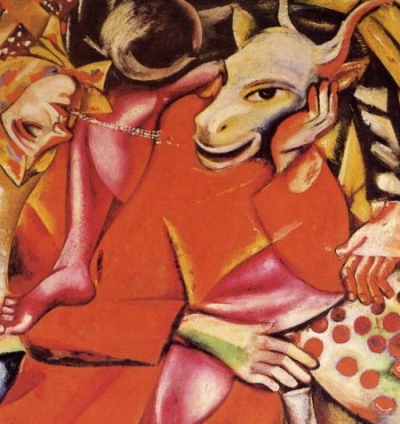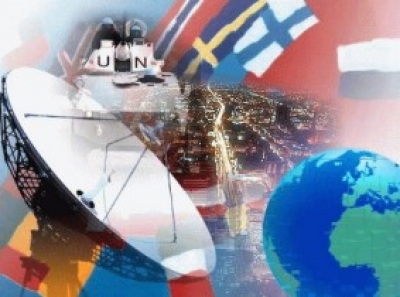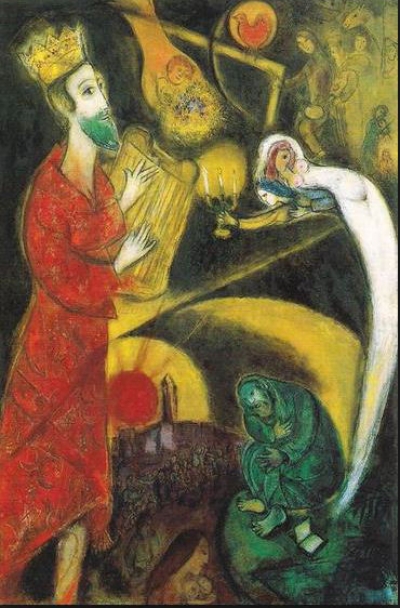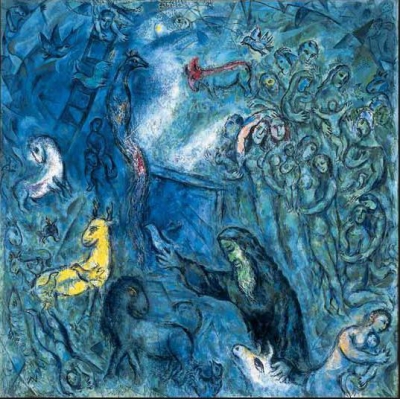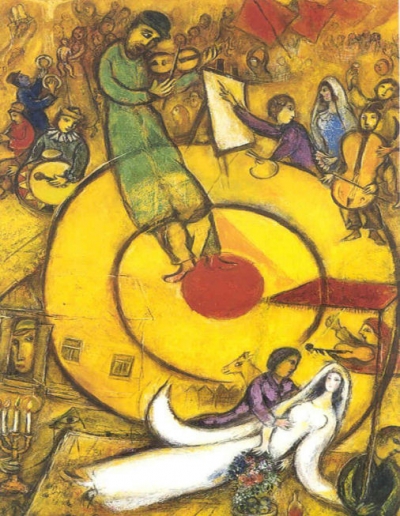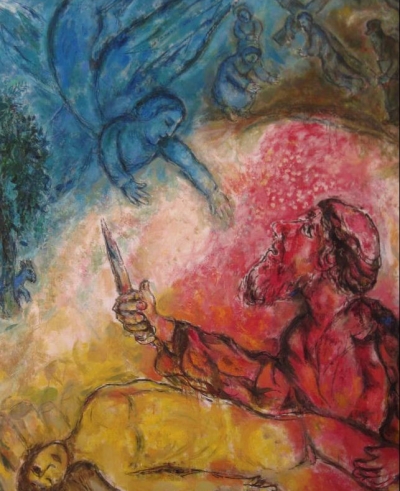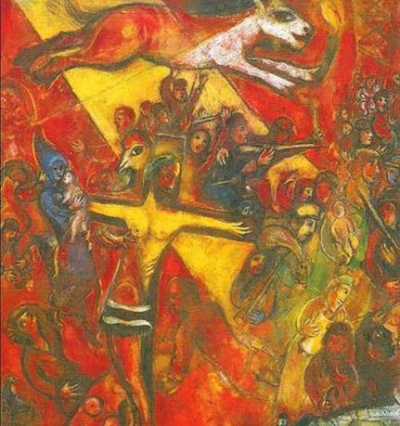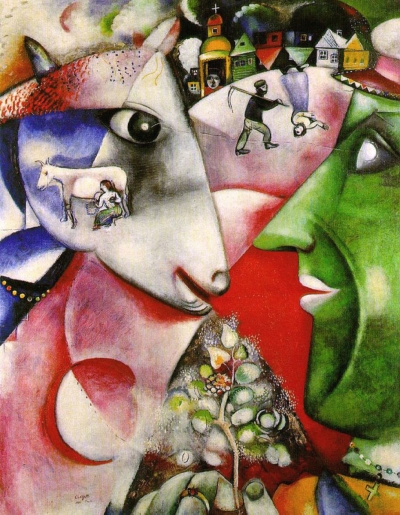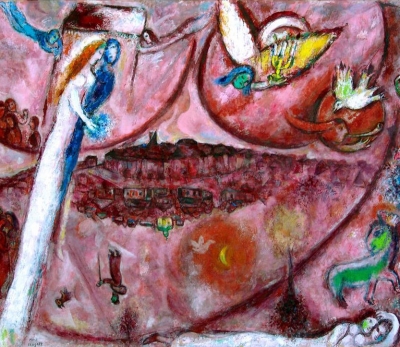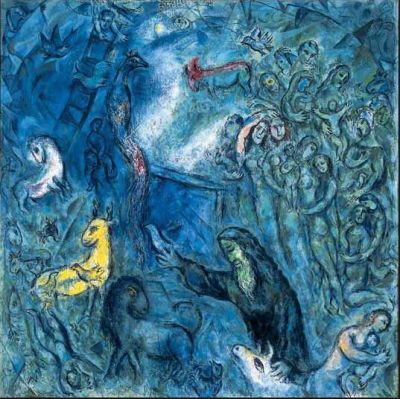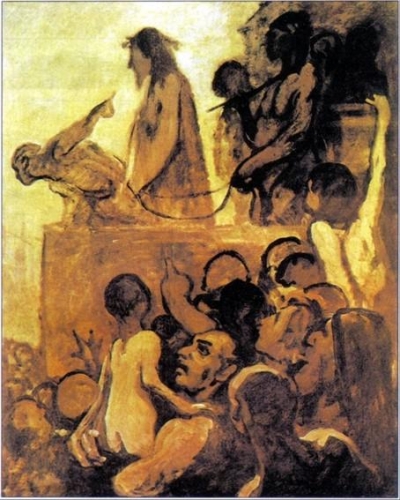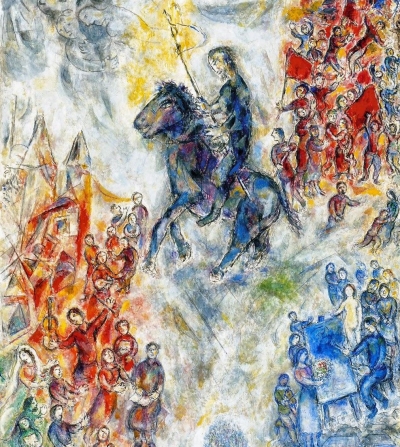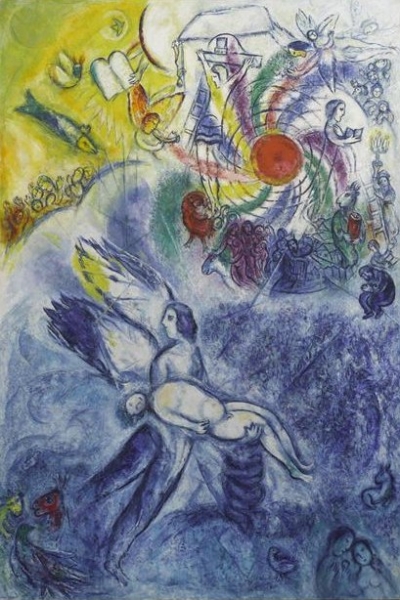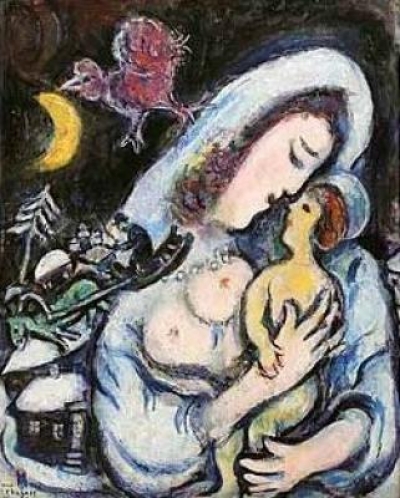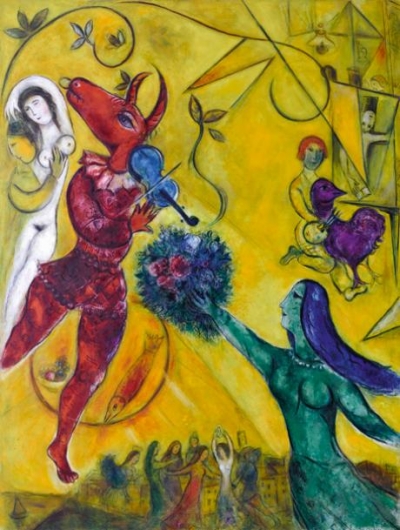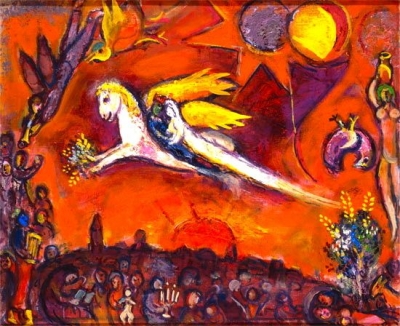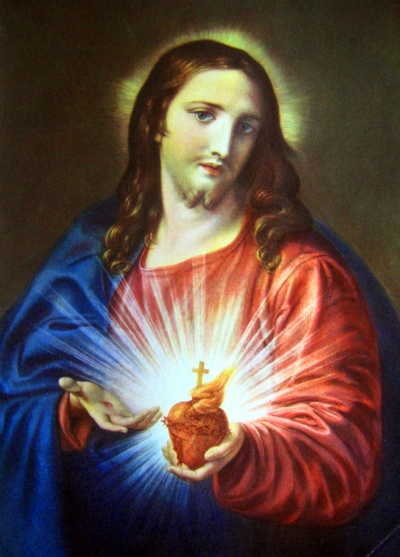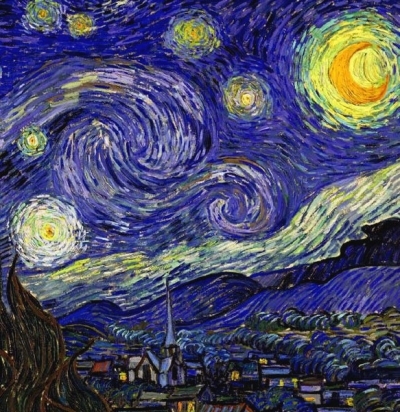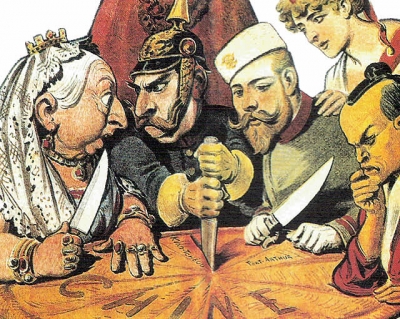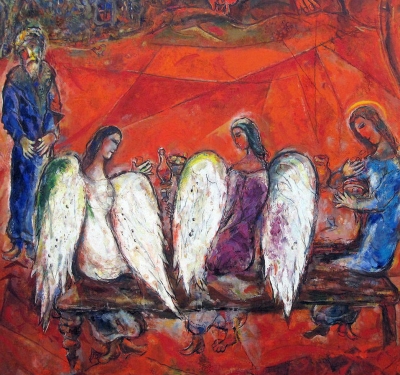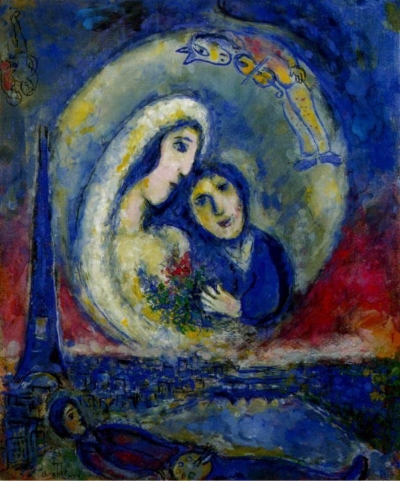Some say that orthodoxy and virtue will bring us to Heaven after death; I like to believe in this assumption, therefore I will probably believe in it.
The objective of faith is no longer science or the scientific evidence of some facts, but rather the pleasure aroused by the belief itself, together with an assertive strength intense enough to make the belief plausible.
The power of propaganda falls precisely within this category.
It is good to believe in pills, since they allow us to hope for a better health; and you are more likely to believe in them if their properties are often repeated and emphasised.
The propaganda relies on desires already existing, but replaces the scientific evidence of the facts with constant repetitions.
Faith, if it is not a mere tradition, is the result of three factors: desire, demonstration, repetition.
Without desire or demonstration there can be no faith!
The creation of a mass faith, i.e. endowed with a social importance, requires all these three elements, albeit to different extents, so that the amount of faith remains unchanged.
In order to force people to believe in something with poor evidences, a more insistent propaganda is required with respect to beliefs supported by strong evidences; they both meet the same needs and offer the same satisfaction; and so on.
As already anticipated, the propaganda must rely on existing desires: an illustrative example is represented by the failure of the State propaganda opposing the national sentiment.
Power, once applied to a belief, tends to combine with other forms of power and aggregate and usually culminates with State monopoly.
However, it is worth mentioning some important examples relating to beliefs.
The most interesting one is represented by the scientific thinking.
Nowadays, science is encouraged by the State, but in the past, the situation was totally different: Galileo was forced to retract his theories, someone objected the appointment of Newton as "Master of the Royal Mint", Lavoisier was guillotined because "the Republic does not need any scientists."
Yet, these men and other scientists laid the foundations for the modern world, and their impact on social life was stronger than any other historical figure, including Christ and Aristotle.
There is just one man whose importance is similar to the ones above: it is Pythagoras and his existence is uncertain.












